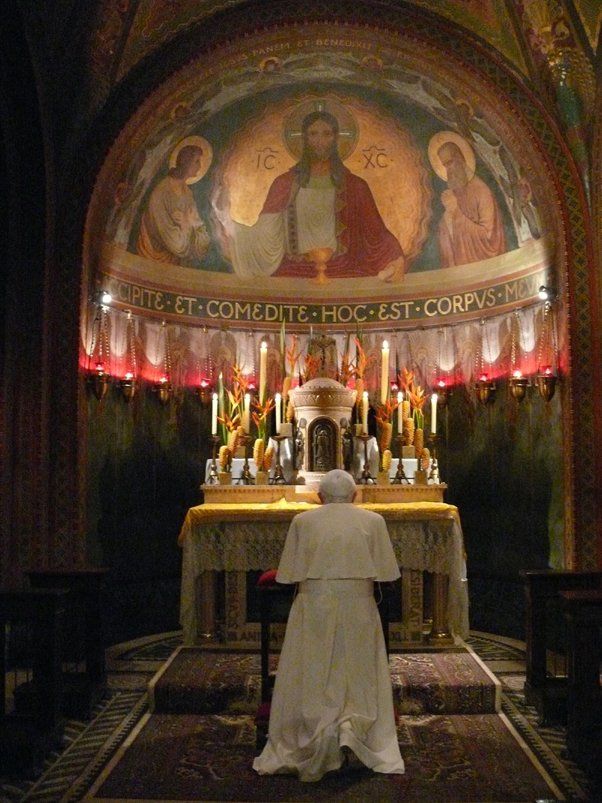جوري
Soldier Through It!
- Messages
- 27,759
- Reaction score
- 6,095
- Gender
- Female
- Religion
- Islam
Do you know what the word veneration means? Because to encase a stone in silver, put it on public display in a sacred place, and then have thousands of people eagerly touch and kiss it seems a lot like veneration.
Do you understand what I meant when I wrote, if it weren't in existence it wouldn't make a difference all together? To kiss is considered an innovation and if you knew anything about tawheed or fiqh you'd realize, that, that is in fact disallowed. Its purpose is the starting point of the kaaba no more no less!
I'd say even as secular historians of no religious affiliation are concerned...
:lol: yeah, we have heard of the two of them, sad, how even that fails to avail you....
You know we have had many christians on board and for years.. I'd live for the day when one of you surprises me with something a little less... well... indoctrinated!
all the best

